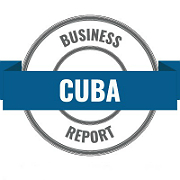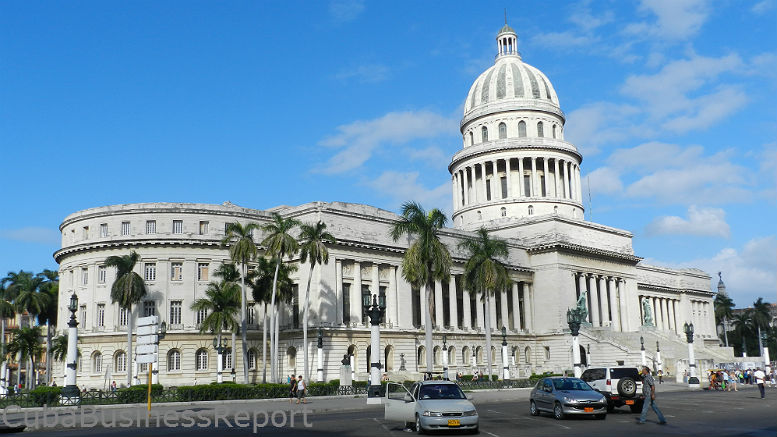Prior to President Obama’s visit to Cuba, the Commerce Department’s Bureau of Security and Industry (BIS) and Treasury’s Foreign Assets Control Office (OFAC) made amendments to Export Admin Regulations (EAR) and the Cuban Asset Control Regulations (CACR).
These amendments follow recent, similar changes implemented by the Obama government. They are designed to nurture direct interaction with the Cuban population by encouraging trade with Cuban businesses and lifting travel restrictions.
Americans will be allowed to enter Cuba for educational purposes as long as they partake in specific learning activities on a full-time basis. These activities must contribute to Cuban society, facilitate relations with Cubans, or support the independence of Cubans. Travelers must interact in a meaningful way with the Cuban people.
OFAC will allow Cuban nationals to be hired or sponsored to work in America, as long as employers do not pay anything extra to Cuban authorities in relation to the hiring or sponsorship. For instance, Cuban performers, artists, athletes, and other professionals who acquire the appropriate visas, can enter America and receive stipends and wages beyond the basic cost of living. Transactions related to the submitting of travel applications for non-immigrants will be allowed as well. American based Cuban nationals, who are classed as non-immigrants, will be permitted to receive compensation or wages depending on the condition of their visa – as long as they are not subject to specific Cuban tax assessments.
American banks are being allowed to carry out ‘U-turn’ style transactions, which can benefit Cuban citizens or Cuba itself. As a result, American banks can now transfer funds belonging to Cuban citizens or Cuba, which originate outside of America. These funds can travel through numerous American financial institutions, then return outside of America, as long as the beneficiary or originator is not subject to American jurisdiction. For instance, this means that non-American buyers of items from Cuba can instruct their non-American bank to deposit American dollars, acquired from an American bank, into an additional overseas bank for the indirect or direct benefit of Cuban citizens or Cuba itself.
American banks will be allowed to service and set up bank accounts in America for Cuban citizens in Cuba, to obtain payments in America for exempt or authorized transactions. They will be permitted to send funds back to Cuba as well. These institutions will be further authorized to deal with American dollar financial instruments, such as travelers’ checks and cash, presented by Cuban banking institutions indirectly. Related accounts in third-country banking institutions used in these types of transactions can be denominated in American dollars.
It would seem that these measures go some way towards empowering the Cuban population, breaking down economic obstacles, and giving citizens of Cuba a greater degree of freedom. As well as helping the Cubans, American businesses stand to benefit from opportunities for increased trade. All things considered, a new era of US-Cuba relations looks to have arrived.

From our staff writers and editors.













